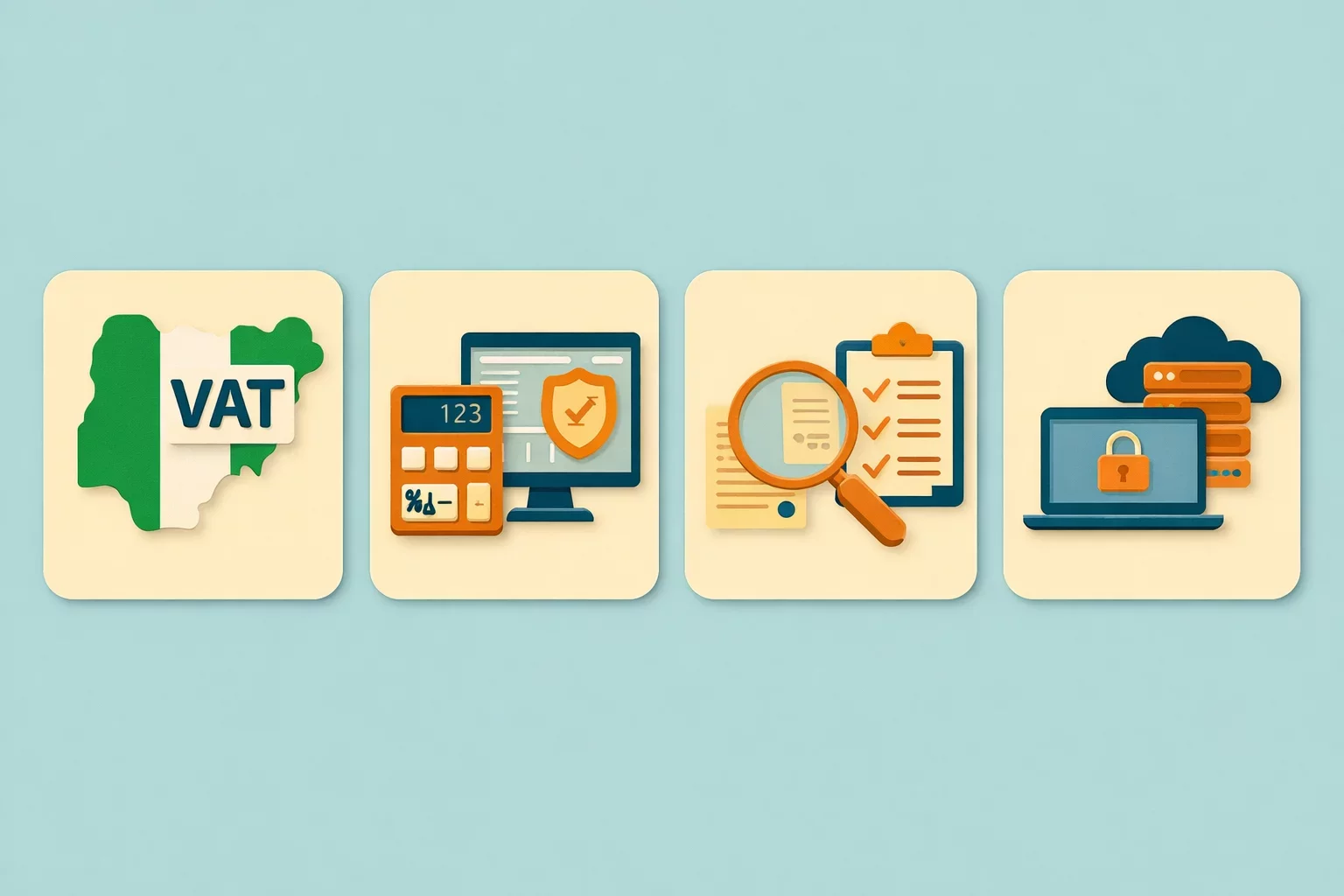Mexico’s 2026 VAT Reforms: Digital Platforms & B2B Transactions
-hcel6azmgf.webp)
At the beginning of September, the Mexican Ministry of Finance and Public Credit (SHCP) submitted the Economic Package for 2026 to Congress, outlining the government’s financial and economic framework for the upcoming year. The package outlines expected government income, proposes reforms to key tax laws, and addresses changes to tariffs and customs rules, making it a comprehensive plan that defines how Mexico intends to manage revenue collection, taxation, spending, and broader economic policy.
Main VAT Measures from the 2026 Economic Package
The Mexican SHCP stated that it expects a 4.92% increase in VAT revenue, which is the second-largest generator of revenue after the Income Tax, in 2026 compared to 2025. In addition to this expected growth, the 2026 Economic Package also includes provisions for reforming the VAT system.
One of the most notable provisions refers to the proposal to extend the VAT withholding regime to B2B transactions, applying the same logic currently used for B2C transactions. Under the proposed measures, the digital platform will be required to withhold 50% of the VAT when the seller is a business registered in the Federal Taxpayers Registry (RFC). In cases when the seller is not registered with RFC, digital platform operators must withhold 100% of the due VAT.
There are two additional scenarios when complete VAT withholding applies. Those two scenarios include situations when non-residents sell goods located in Mexico or when payments are made to foreign bank accounts.
A significant innovation in the tax reform is the requirement for both domestic and foreign digital service providers to grant the Mexican Tax Authority, commonly referred to as SAT, real-time online access to transaction records related to their operations in Mexico. Non-compliance with these obligations may result in the temporary blocking of the platform's internet access, a strict enforcement mechanism often referred to as a kill switch.
Conclusion
With the 2026 Economic Package, the Mexican government aims to implement significant changes to VAT, excise taxes, and income taxes, as well as the federal tax code. All the proposed changes and novelties are under review until October 31, 2025, and, if adopted, they will take effect on January 1, 2026.
Nevertheless, digital platform operators and other businesses affected by the proposed reform should prepare to comply with new rules and regulations, especially considering that non-compliance will result in a temporary ban on market access.
Source: Ministry of Finance and Public Credit, Bloomberg, KPMG

Featured Insights

Nigeria VAT Compliance: TaxPro Max Explained
🕝 March 3, 2026More News from Mexico
Get real-time updates and developments from around the world, keeping you informed and prepared.
-e9lcpxl5nq.webp)




-pdupgqz2r8.webp)
-d3qhimei1d.webp)

.png)

